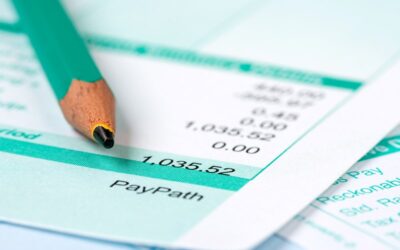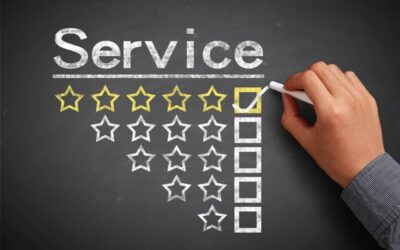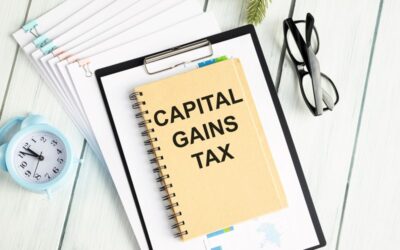Your tax code determines how much tax is deducted from your pay. While 1257L is the most common, different letters and numbers can affect how much you owe. From marriage allowance to emergency codes,
blog
Reforms to taxation of non-doms from April 2025
From 6 April 2025, the remittance basis of taxation will be scrapped in favour of a residence-based system. A new 4-year Foreign Income and Gains regime offers tax relief for new arrivals, while
Who needs to register for an EORI number
If you are moving goods across borders, an EORI number may be essential for customs clearance. Whether trading with the EU, Northern Ireland, or beyond, knowing which type you need—GB, XI, or
Google to Tackle Fake Reviews Following CMA Investigation
In a significant move to enhance trust in online reviews, Google has agreed to implement substantial changes to combat fake reviews, following an investigation by the UK’s Competition and Markets
Understanding the UK’s Bank Deposit Guarantee Scheme
The UK government offers a robust safety net for savers through the Financial Services Compensation Scheme (FSCS). This scheme is designed to protect individuals, small businesses, and charities if a
It is not always possible to mend fences – Reinstatement is not always a practicable option where there is a breakdown in employment relations
The Employment Appeal Tribunal (EAT) upheld claims of constructive dismissal and disability discrimination against Whyte & Mackay Limited (W&ML) in the case of Mr. Duployen , a former forklift
Claiming VAT on pre-registration purchases
Businesses can reclaim VAT on pre-registration expenses if they relate to taxable supplies made after VAT registration. The rules differ for goods and services, with time limits of 4 years for goods
Beware false business rates warnings
The 2023 Revaluation updates business property rateable values, based on April 2021 valuations. While challenges are open until March 2026, beware of false claims about earlier deadlines and
Rolling over capital gains
Business Asset Rollover Relief allows you to defer Capital Gains Tax (CGT) when reinvesting proceeds from selling business assets. By rolling gains into the cost of new assets, tax is postponed until
Designating a property as your main residence
Owning more than one property? You can claim Capital Gains Tax (CGT) relief on just one at a time. By formally electing your main residence within two years of property changes, you can optimise your
How donations to charity can provide tax relief
Gift Aid transforms charitable donations by allowing charities and CASCs to claim 25p extra for every £1 given—at no additional cost to you. Higher and additional rate taxpayers can also claim
Dealing with company unpaid debts
Unpaid debts can put a limited company at risk of a winding-up petition, potentially leading to liquidation. Creditors may act via court judgments or statutory demands, forcing companies to settle
Investing in new equipment for your business?
Making a significant investment in new equipment can be a transformative step for a business, improving efficiency, productivity, and competitiveness. However, such a decision requires careful
Debt Management Plan
Navigating financial challenges can be daunting, but understanding the tools available can make a significant difference. One such tool is a Debt Management Plan (DMP), designed to help individuals
Selling online and paying tax
Selling online? Whether it’s a hobby or a business, you may need to pay tax if your earnings exceed £1,000. From services to content creation, it’s vital to understand self-assessment rules and new
Small Business - Smart Thinking - because YOUR ACCOUNTS MATTER



















